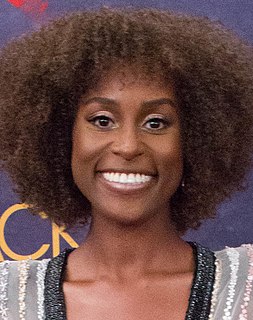A Quote by Anthony Bourdain
I'm very proud of the Rome episode of 'No Reservations' because it violated all the conventional wisdom about making television. You're never, ever supposed to do a food or travel show in black and white.
Related Quotes
I'm incredibly proud to have been nominated in the past and it really means a lot to me because I do work very hard when I'm making a film and I do really do absolutely give my all. To get that kind of pat on the back, it's really amazing and also never something that I anticipated would possibly happen to me, ever. So I am very, very proud to have been there before. And, you know, the nice thing about nominations is that, same as awards, no one can actually take them away from you and I'm proud of that.
I think what people watch television for is the emotional continuity, from episode to episode, and feeling that the experience that they had, four episodes ago, has actually been building to an episode that comes later, and knowing that the characters are growing, as a result of that, and making mistakes, is really, really important to the way people connect to television.
The whites have always had the say in America. White people made Jesus white, angels white, the Last Supper white. If I threaten you, I'm blackmailing you. A black cat is bad luck. If you're put out of a club, you're blackballed. Angel's-food cake is white; devil's-food cake is black. Good guys in cowboy movies wear white hats. The bad guys always wore black hats.
If there was ever a food that had politics behind it, it is soul food. Soul food became a symbol of the black power movement in the late 1960s. Chef Marcus Samuelsson, with his soul food restaurant Red Rooster in Harlem, is very clear about what soul food represents. It is a food of memory, a food of labor.
I see racism as institutional: the rules are different for me because I'm black. It's not necessarily someone's specific attitude against me; it's just the fact that I, as a black man, have a much harder time making an art-house movie and getting it released than a white person does about their very white point of view. That's racism.
The black characters on TV are the sidekicks, or they're insignificant. You could put all the black sidekicks on one show, and it would be the most boring, one-dimensional show ever. Even look at the black women on 'Community' and 'Parks and Recreation' - they are the archetype of the large black women on television. Snide and sassy.



































